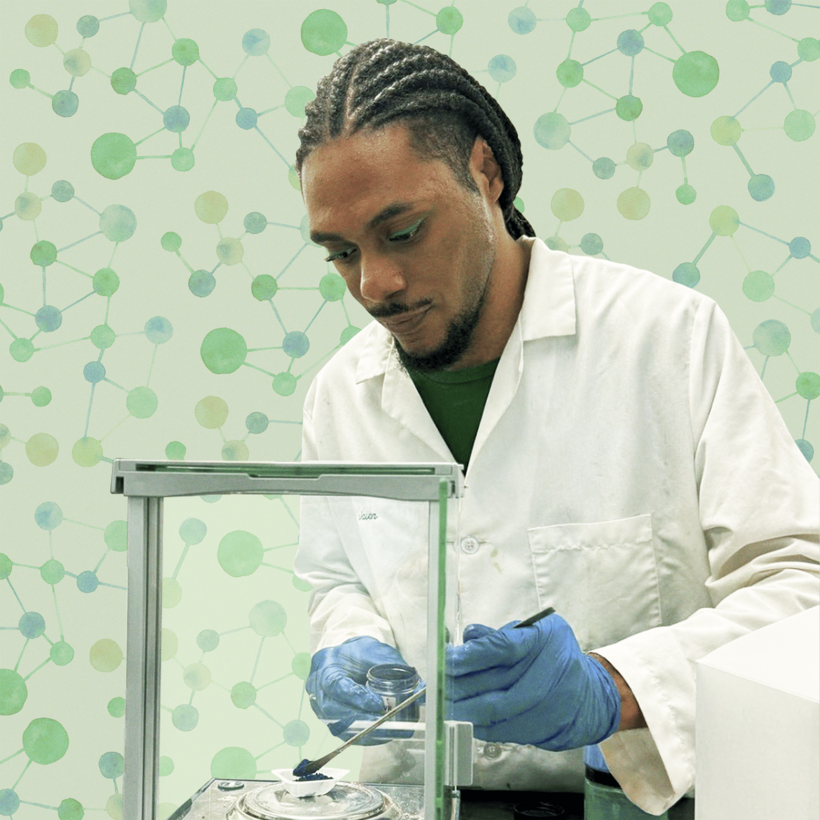On social media, skin-care ingredients are often imbued with magical powers. But Javon Ford doesn’t believe most of the hype. The cosmetic chemist debunks a multitude of myths in makeup, skin care, and hair care on his fact-filled, research-heavy yet addictively watchable TikToks. This month, forAir Mail Look, he analyzes a much-discussed ingredient: bakuchiol.
Bakuchiol comes from a plant and is touted as a retinol alternative because it checks off some of the same markers as retinol in terms of anti-aging. It’s a great alternative for people who are sensitive to retinol—retinol can be irritating and bakuchiol isn’t. It doesn’t work as well as retinol, though. Nothing works as well as retinoids, which were originally prescribed for acne. Even in low concentrations, it doesn’t take much retinol to help with anti-aging—and it doesn’t take much to irritate the skin. That’s why bakuchiol came on the scene.
Sometimes it’s marketed as a phyto-retinol or a plant retinol, but that’s a misnomer. It’s a compound unrelated to retinol. It just happens to act on a few of the same biomarkers as retinol. Niacinamide and vitamin C both address hyper-pigmentation with completely unrelated compounds. Same thing as bakuchiol and retinol. The only thing they have in common is an alcohol group. Hence, the -ol at the end.
I haven’t tried bakuchiol enough to know if it works. I haven’t really seen any results from retinol, either, because I don’t have wrinkles. I might have some undereye wrinkles, but nothing’s working for that, including retinol. That’s lifestyle. That’s life.
Javon Ford is a Los Angeles–based cosmetic chemist




